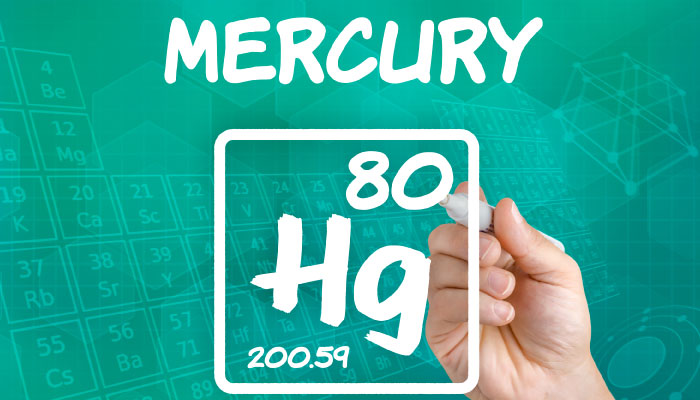The U.S. Environmental Protection Agency (EPA) is reworking the Toxic Substances Control Act (TSCA) and is taking special aim at reporting requirements for mercury for any manufacturer or importer of mercury or mercury-added products, or anyone who otherwise intentionally uses mercury in a manufacturing process.
At the end of October the agency posted a proposed rule which would require manufacturers and importers to report “with both quantitative and qualitative information about the elemental mercury and mercury compounds involved in their activities,” explained an attorney with Jenner & Block. “The reporting requirements focus on those who first manufacture mercury or mercury-added products.”
The comment period runs through December 26, with a proposed initial reporting deadline of July 1, 2019, and with subsequent reports due every three years but covering only the preceding calendar year.
Who Falls Under New Regs? Gold Miners, Pesticide Makers, Sign Makers, and More
The list of potentially affected industries is broad and long, and includes companies with gold ore mining operations, pesticide manufacturers, plastics manufacturers, those who manufacture electromedical and electrotherapeutic apparatuses, motor home manufacturers and sign makers.
Mercury compounds included in the reporting, summarized one industry site, include:
- Nitric acid, mercury (2+) salt (2:1)
- Mercury, hydroxyphenyl-
- Mercury chloride (Hg2Cl2)
- Nitric acid, mercury (1+) salt (1:1)
- Mercury cyanide oxide (Hg2(CN)2O)
- Mercury sulfide (HgS)
- Cadmium mercury sulfide
- Mercury oxide (Hg2O)
- Mercury selenide (HgSe)
- Mercury oxide (HgO)
- Mercury chloride (HgCl2)
- Mercury chloride (HgCl)
- Mercury fluoride (HgF2)
- Mercury bromide (HgBr2)
Reporting requirements, noted the National Law Review, include the amount (in pounds) of mercury:
- Manufactured (other than imported)
- In manufactured (other than imported) products
- Imported or in imported products
- Exported or in exported products
- Stored
- Distributed or in distributed products
- Otherwise used in a manufacturing process
Act’s Purpose: Making Toxic Substance Safety Regulations the Same in All 50 States
Chemical Watch, an organization which covers the chemical industry, said that the proposed rules published in October is an initial step toward a nationwide inventory of data from all manufacturers that use mercury or make products containing it.
While complicated, the TSCA serves an important purpose, said Judah Prero, an environmental lawyer in Washington, D.C.: It gets all 50 states on the same page when it comes to hazardous substances regulation. But that may be more complicated in practice.
“The goal of the Lautenberg Act, or the TSCA in general, is ensuring that chemicals that enter interstate commerce are regulated for safety in the same fashion in all 50 states,” he wrote. But, he added, some states will always want to take protection a step further, and the industry will have to figure out how to adapt to new rules.
“Aside from political and judicial advocacy, industry must take stock of all new requirements, determine the impact of those requirements, and strategize how to make best use of the new regulatory structure. A multipronged legal approach will enable industry to achieve compliance, and hopefully ensure—or at least encourage—a consistent and predictable regulatory environment.”




